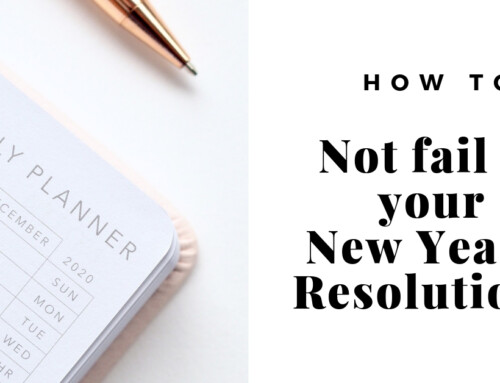Share
Author
Kohei Iguchi
Share
Emotional Triggers for Eczema

As I gain more clinical and personal experience over the years, the link between eczema and emotional wellbeing has become undeniable.
Have you noticed it? Does your eczema fluctuate even though your food and environment hasn’t changed? Is there a noticeable difference in your skin depending on your stress levels?
This is no voodoo or some sort of sorcery, there is a perfectly good scientific explanation!
During times of stress, your body begins to function in a different way compared to when you are at rest. The fight or flight response kicks your body into a survival mode, prioritizing functions that would increase your survival when you are standing in front of a tiger. At this point, your body begins to neglect other bodily processes that are not required at a time of emergency, such as digestion, immune function, hormonal balance and growth.
Your body can tolerate occasional stresses like this, and will return to normal once the threat is removed. But what if it’s not a tiger in front of you? What if it’s your kids driving you crazy every day, or the loads of paperwork on your desk, or endless arguments in a bad marriage? Your body doesn’t get any respite from the stress response, and it eventually becomes a chronic issue.
How does this affect your eczema?
Prolonged stresses can cause skin barrier dysfunction, alteration in your gut bacteria, and immune dysregulation. Through this process your skin becomes more and more sensitive to allergens. You may become allergic to things you did not react to before!
If you’ve wondered why your eczema has gotten worse over the recent times, it may be of benefit to ask where your stress levels are at the moment!
That was easy to explain. Stress causes physiological changes in your body, which in turn increases your sensitivities to allergens.
But what about very specific emotions? Why does your skin stay relatively healthy when your work stresses are high, but rears its ugly head when you are going through grief or relationship issues?
Do certain emotions cause more eczema than others?
The answer is, no. Eczema does not favor one emotion to another.
Rather, you may have developed a psychosomatic response linked to your specific emotion that has been suppressed for many years.
Your skin is the largest organ in your body, and it is the border between you, and the rest of the world. Think of it as a large canvas. A medium that often expresses the internal workings of your body. If the skin is able to reflect feelings of embarrassment through blushing, or anxiety through clammy skin, or state of shock through paleness, it would make sense to acknowledge that it can also reflect feelings of fear, anger, guilt or shame.
The type of emotion attached to your eczema may be unique to you, but what I have noticed is that this particular emotion is usually suppressed, either consciously or unconsciously. You see, if you have expressed your emotions, physically or verbally, it may not need to be expressed through your skin. However, those emotions that are suppressed deep down inside you, needs an outlet. A doorway in which it can exit the body because it cannot be contained any longer. And guess what? Your skin is the largest organ, acts as a border between you and the outer world, and it acts as a canvas that paints a picture of what is inside of you.
I know this because I have gone through it myself, and I’ve seen it time and time again with my patients. It is not to say that the physical things, such as foods and environmental actors don’t matter. Not at all. I am simply expressing that eczema is a very complex condition, and that foods, environmental substances, as well as mental health, are pieces of the puzzle that we must take into consideration when we are treating the issue holistically.
My eczema started when I was 5 years old, the year that my parents separated. And only through deep internal work, psychotherapy and spiritual support, I now realize what is at the core of my eczema.
So if you are struggling with eczema, and have tried numerous approaches, it may benefit you to start exploring your psychological wellbeing! Even if you feel like you are fine, it may surprise you how much you are suppressing unconsciously.
The healing journey can be long, exhausting and agonizing… But it is certainly worth it!



